
Become an Incathlab member and receive full access to its content!
Registration Login
This month, we highlight the case of ascending aortic pseudo aneurysm closure in a female patient, s/p CABG and aortic valve replacement as well as composite graft for an ascending aortic aneurysm, presenting with NSTEMI treated by stenting. A widened mediastinum was found on chest X-Ray leading to an angiography CT-scan showing a pseudo-aneurysm of the ascending aorta at the level of the previous sutures of the graft that was referred to percutaneous closure after surgical turn-down.
Educational Objectives
- Learn how to prepare a VSD plug device.
- Learn how to deploy a VSD plug device.
- Learn the step-by-step approach to percutaneous closure of an aortic pseudo aneurysm.
Step-by-step procedure:
1) Access site:
- 8 Fr bi-femoral approach.
2) Step by step approach:
An AL1 8Fr guiding catheter was not able to engage the pseudoaneurysm at first prompting the operators to perform an aortography using a pigtail catheter.
A 6Fr Judkins Right guiding catheter was also not able to engage despite trials using coronary guidewires (Whisper ES and Sion Black).
An AL1 6Fr guiding catheter found the false lumen and was exchanged for an 8Fr MP guiding cathter using a Confida wire.
The VSD plug (8Fr) was prepared and advanced over the stylet to the level of the aneurysm neck.
Pullback was performed after deployment of the distal end until resistance was felt after which an aortogram confirmed the correct position followed by full deployment of the device and retrieval of the guiding catheter.
A final aortogram was performed confirming the good sealing of the aneurysm.

Bibliography
Last update : 2024-07-29
OptiRAY® / Guerbet
Our Cases of the Month
The case of the month is a new way for our users to watch, learn, and share with incathlab. They can watch a video that highlights an innovative case and uses excellent pedagogical techniques, lear...
Join the Discussion
Suggestions
San Francisco : Monday, September 18th 2023 from 12:07am to 12:07am (GMT+2)
New York : Monday, September 18th 2023 from 03:07am to 03:07am (GMT+2)
Buenos Aires : Monday, September 18th 2023 from 04:07am to 04:07am (GMT+2)
Reykjavik : Monday, September 18th 2023 from 07:07am to 07:07am (GMT+2)
London / Dublin : Monday, September 18th 2023 from 08:07am to 08:07am (GMT+2)
Paris / Berlin : Monday, September 18th 2023 from 09:07am to 09:07am (GMT+2)
Istanbul : Monday, September 18th 2023 from 10:07am to 10:07am (GMT+2)
Moscou / Dubaï : Monday, September 18th 2023 from 11:07am to 11:07am (GMT+2)
Bangkok : Monday, September 18th 2023 from 02:07pm to 02:07pm (GMT+2)
Shanghai : Monday, September 18th 2023 from 03:07pm to 03:07pm (GMT+2)
Tokyo : Monday, September 18th 2023 from 04:07pm to 04:07pm (GMT+2)
Sydney : Monday, September 18th 2023 from 06:07pm to 06:07pm (GMT+2)
Wellington : Monday, September 18th 2023 from 08:07pm to 08:07pm (GMT+2)



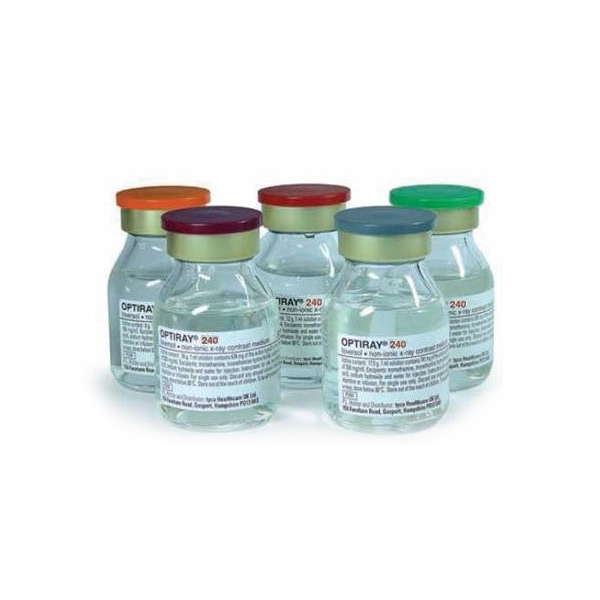
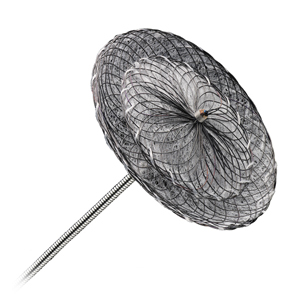
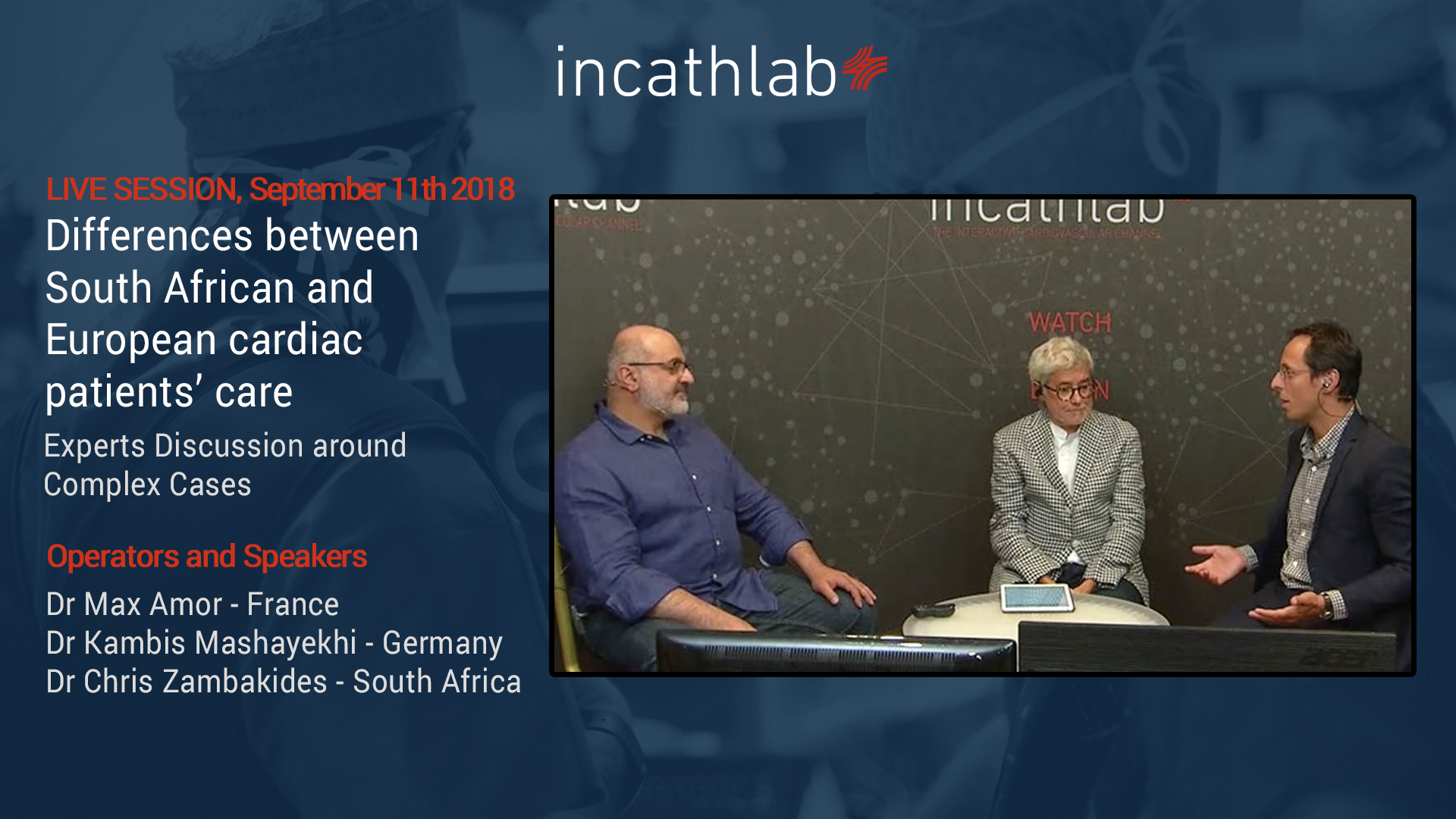
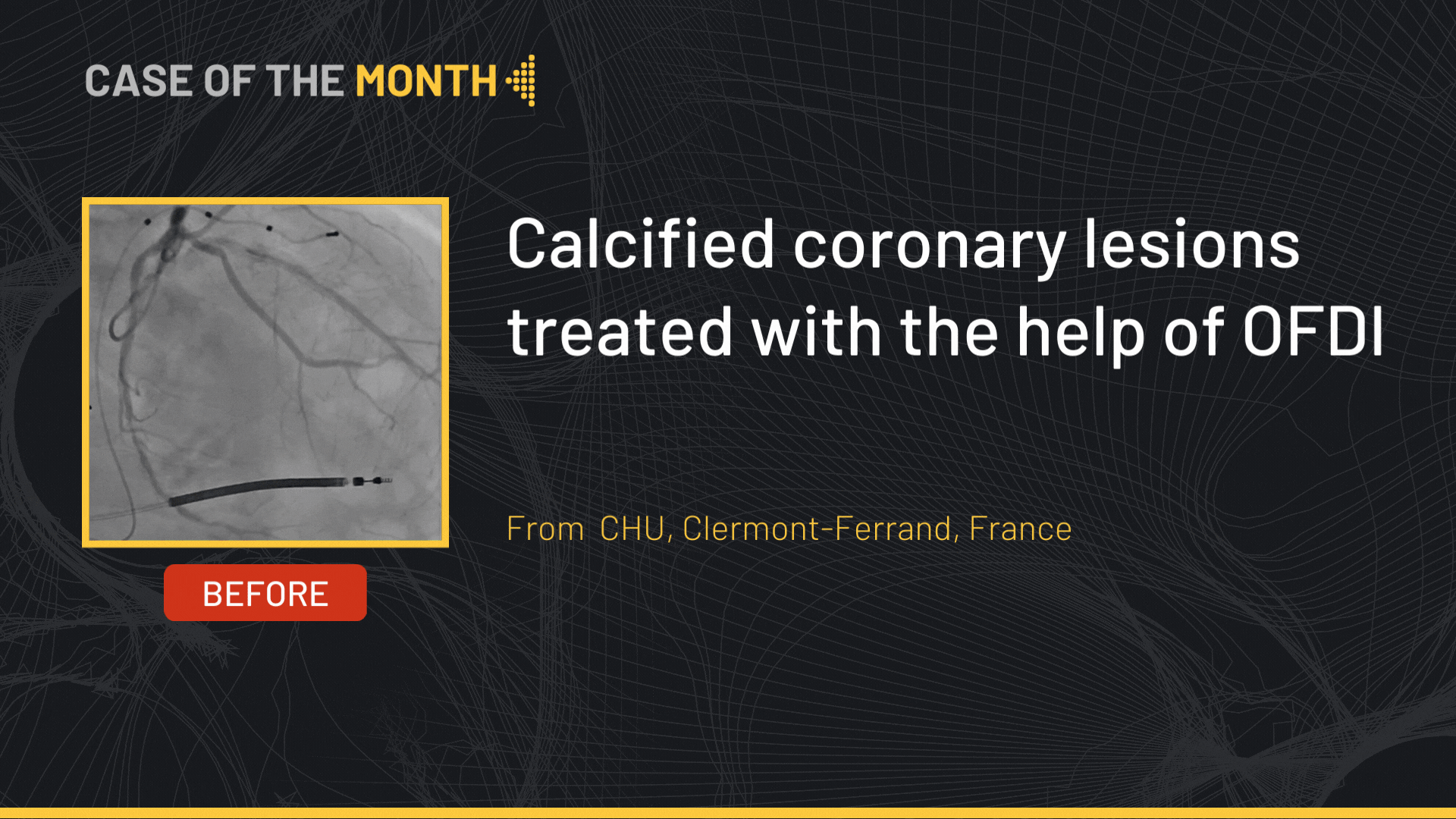
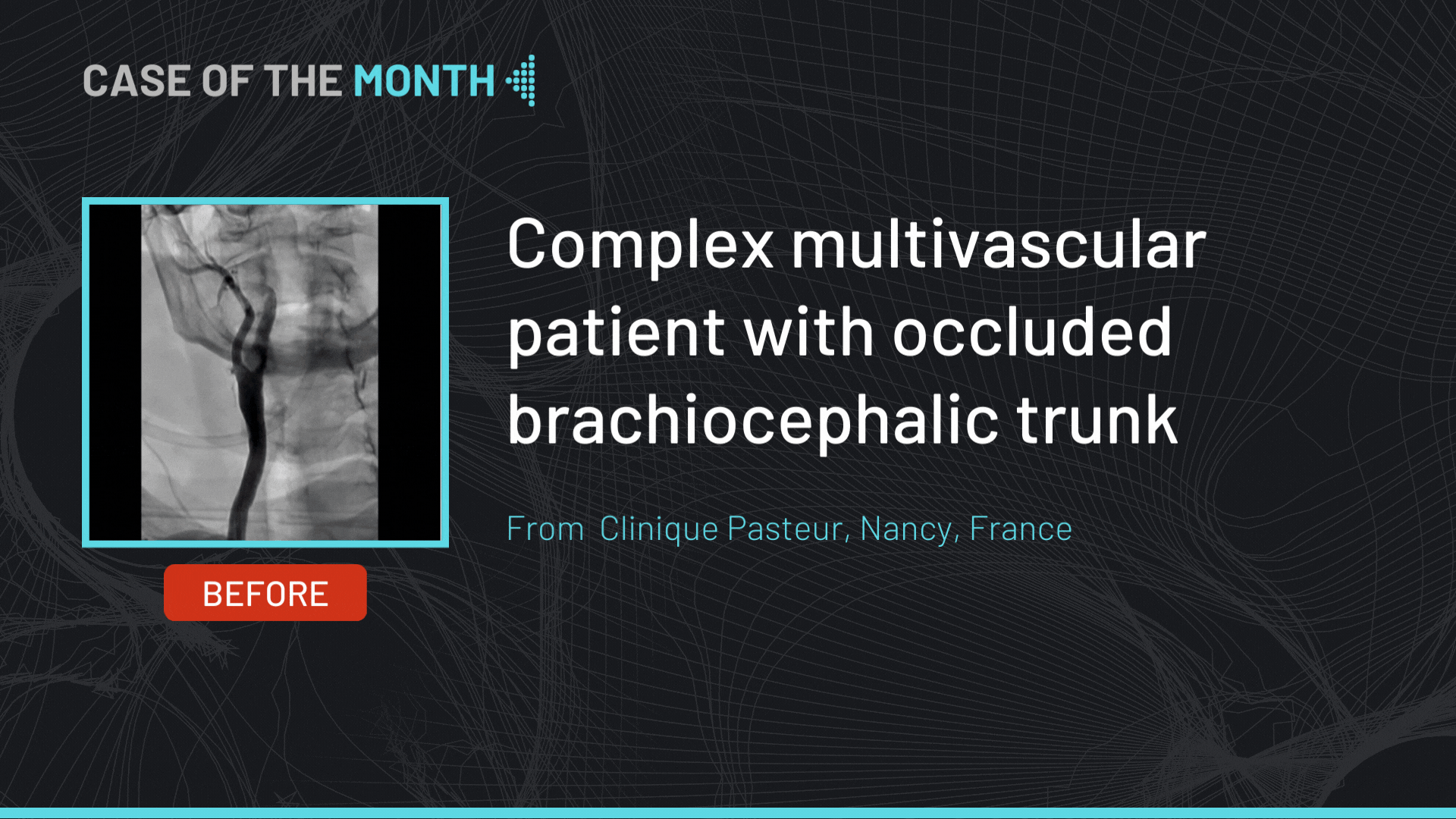
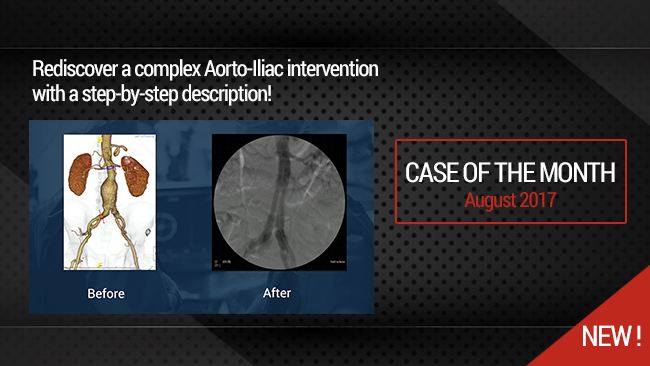
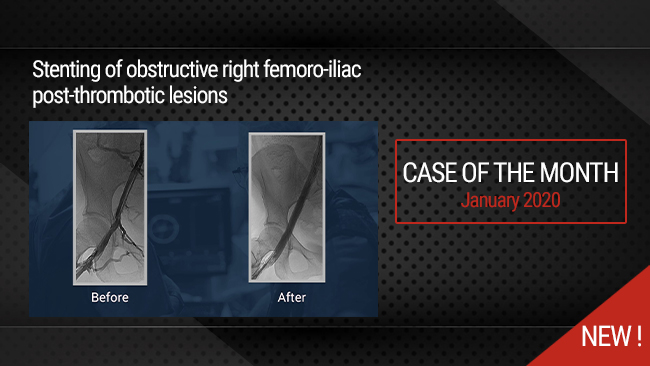
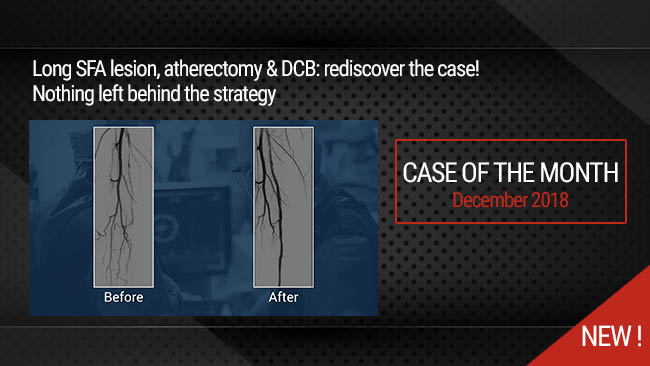
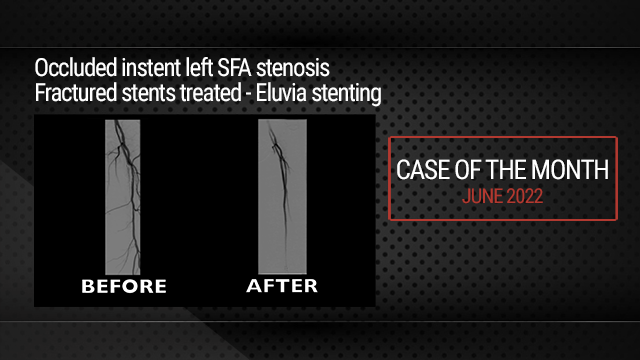
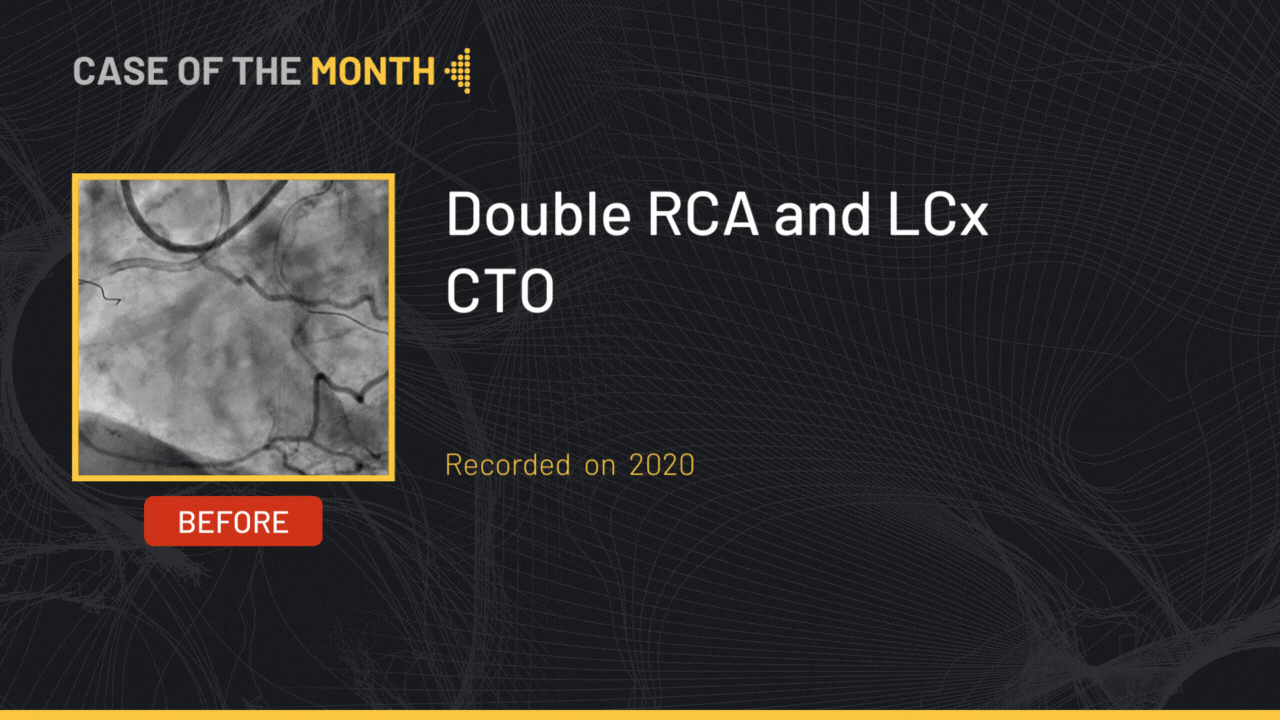
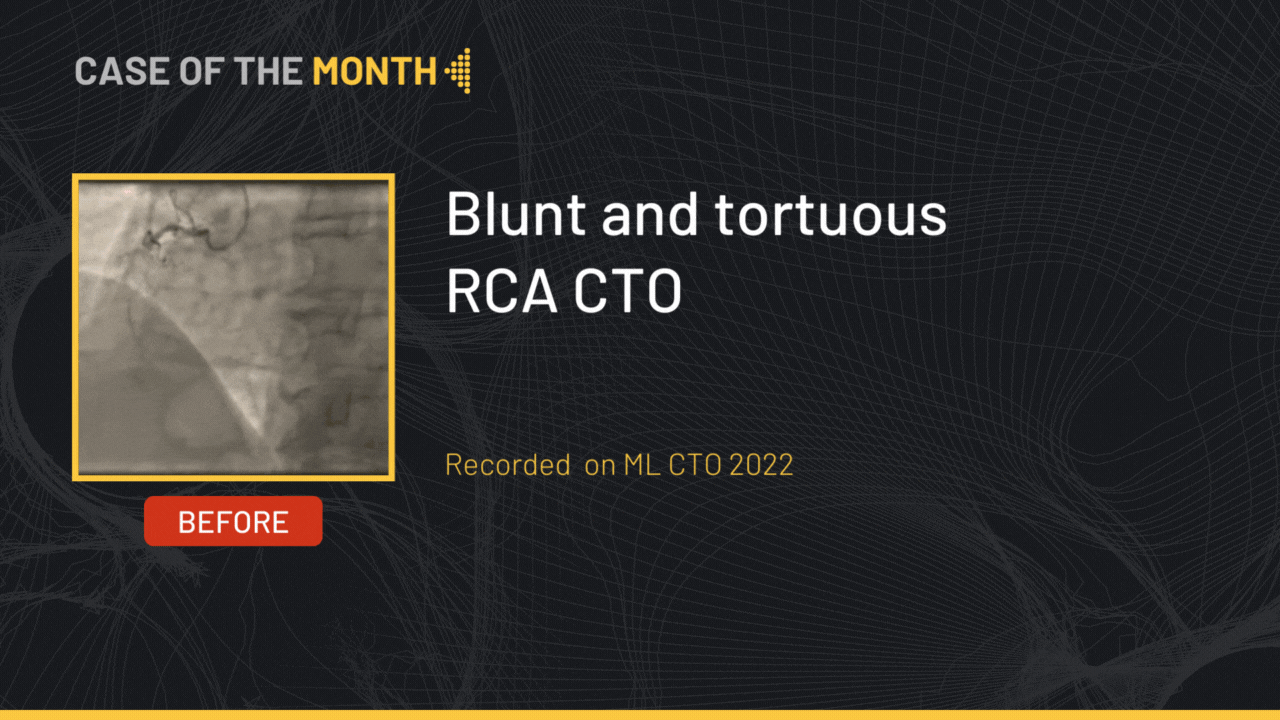
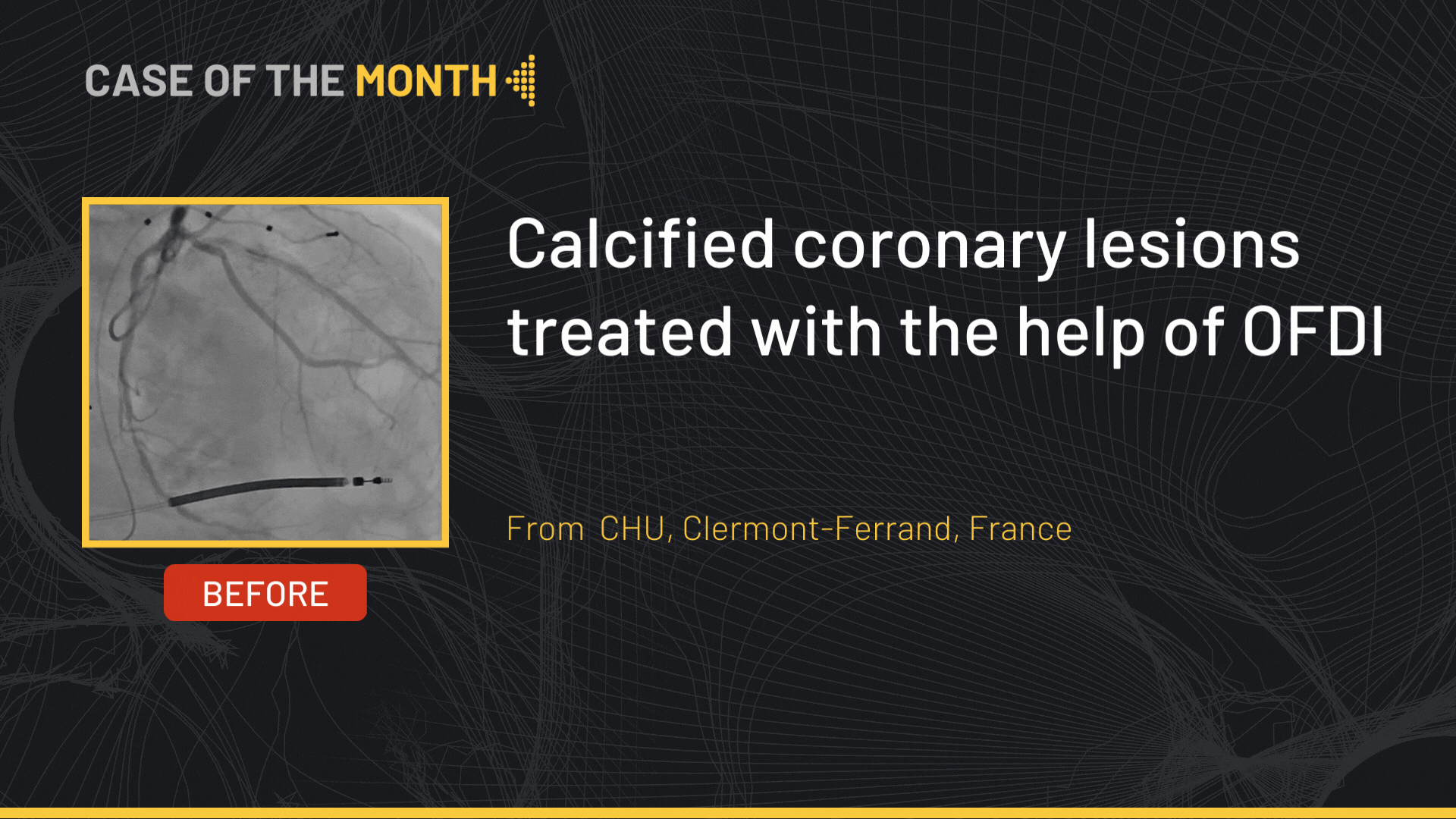
omer S. perfect.
Harun A. What do you think about putting some coils inside the sac before closing the neck. Because endoleak may persist while the patient using oral anticoagulant.
haldun T. why not putting in a 5 cm TEVAR extention since htere is enough proksimal graft length and adequate distance to the orifice of brachiocephalic artery??
Nayef Z. Super